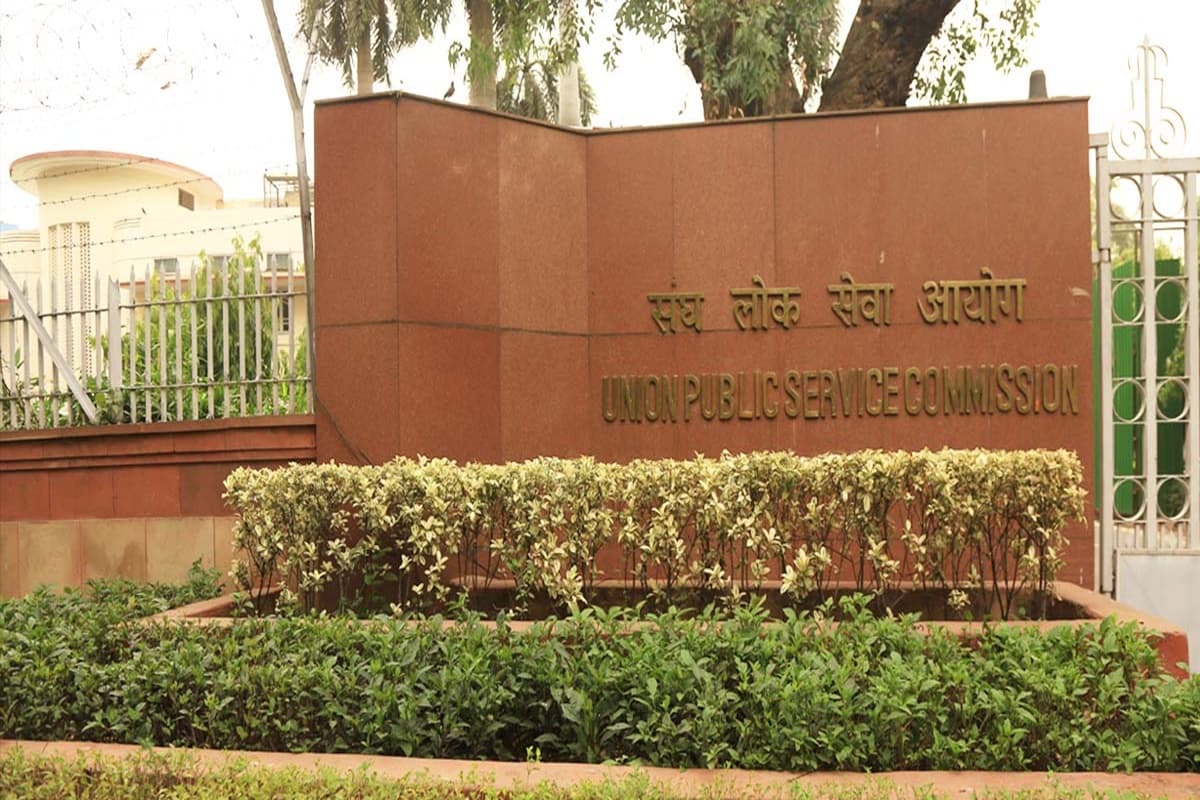UPSC Prelims 2024 starting from TOMORROW: Key Guidelines & Reminders

UPSC Prelims 2024: Comprehensive Guide for Candidates
The Union Public Service Commission (UPSC) is set to conduct the highly anticipated Civil Services Preliminary Examination on June 16, 2024. This prestigious exam, which serves as the gateway to various central government services, will take place in two shifts: the first shift starts at 9:30 AM, and the second shift begins at 2:30 PM. Candidates must be well-prepared and adhere to all guidelines to ensure a smooth examination experience. Read more, UPSC Exam Calendar 2024, keep track of all exams, access link avbl here


Essential Items and Guidelines for the Exam Day
Every applicant must bring their admission card to the testing location. One must also provide a current picture ID card, the information of which were supplied during registration. Every reference to the test going forward will be made using this ID card. At the test location, the admit card—which may be obtained from the UPSC website (upsc.gov.in)—must be shown. Please find attached the download link for your admission card:
- Give your login information and hit submit.
- On the screen will be your admission card.
- Verify and get the admission card.
- Keep a printed copy of the admission card for your records.
- Check the details and download the admit card.
- Keep a printed copy of the admit card for further use.
Entry and Examination Schedule
Candidates should reach their respective examination centers at least 30 minutes before the commencement of the exam. Entry to the examination venue will be closed 30 minutes before the scheduled start of each session—by 9:00 AM for the morning session and by 2:00 PM for the afternoon session.
The Civil Services Preliminary Examination will consist of two objective-type papers (multiple-choice questions), carrying a maximum of 400 marks. There will be a penalty for wrong answers marked by candidates in the Objective Type Question Papers.


Special arrangement for UPSC Prelims 2024: Noida Metro to Start Early at 6 AM for Exam Candidates
To facilitate smooth access to examination centers, the Delhi Metro Rail Corporation (DMRC) and the Noida Metro Rail Corporation (NMRC) have made special arrangements. On June 16, 2024, services on the Aqua Line of the Noida-Greater Noida Metro will commence at 6:00 AM, earlier than the usual Sunday start time of 8:00 AM. With this early start, applicants will be guaranteed to be at their test locations on time.
Comparably, on exam day, the Delhi Metro Phase III services would also start at 6:00 AM. Through this test, the UPSC seeks to fill 1,056 vacancies, including important posts in the Indian Administrative Service (IAS), Indian Police Service (IPS), and Indian Foreign Service (IFS). Forty of the available positions are set aside for applicants in the Benchmark Disability Category.

Conclusion
Aspiring public officers must take the UPSC Civil Services Preliminary Examination. The UPSC has set rules, therefore candidates must make sure they have all the required paperwork. Candidates will be better able to concentrate on doing their best work if they arrive at the testing location on time, have their admission card and necessary identification, and obey the guidelines. Remain informed by routinely visiting the UPSC official website for instructions and updates. All contenders have my best wishes! Success in public service will be yours if you are prepared and dedicated.
Also, read

Meet Tanu Bhatnagar, an educational expert with extensive experience in teaching, research and mentoring.With a decade in education and research, Tanu combines academic expertise with engaging storytelling. Her research background ensures every article is well-researched and insightful. Beyond textbooks, Tanu's expertise spans writing, exam preparation, economic trends, and global education, delving into the realms of spiritual awakening. This diverse perspective shines through in his writing, offering a fresh take on education. Join Tanu and CollegeChalo for an enriching learning adventure, where his passion ignites yours, and his words light your way.









